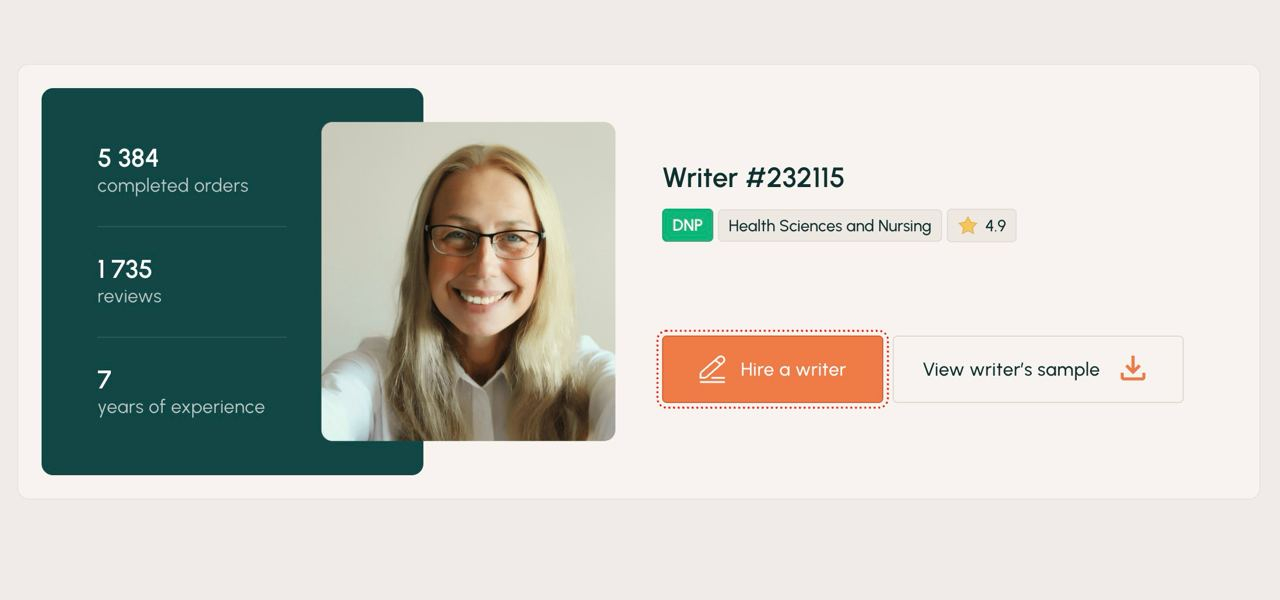How to Tell Real Academic Help from Low-Quality Writing Services

Not every student who turns to academic writing help is trying to cheat the system. Some are burned out, juggling jobs, or learning in a second language. Others are stuck on one subject while keeping up strong grades in everything else. It happens. But while the need for help is real, not every service is worth your trust.
Some deliver thoughtful, original work tailored to your needs. Others give you a barely readable paper that leaves you scrambling the night before it’s due. And once you’ve been burned, it’s hard to know who’s legit.
Here’s what sets reliable academic help apart from the sea of low-effort services out there — and how to protect yourself the next time you reach for support.
Empty Promises vs. Real Credentials
Let’s start with the basics: who’s actually doing the work?
Low-quality writing services are often run by middlemen. They collect your payment, send the task to the cheapest freelancer they can find, and cross their fingers that it gets done. These writers may have zero training in your subject, no understanding of academic tone, and no incentive to meet real standards.
You won’t see their background, and you won’t get to ask questions. The whole setup runs on vague bios and stock phrases: “Our experts are highly qualified…” But there’s no proof.
A reputable service looks different. Real names. Real degrees. Verified experience. If you ask about a writer’s background, you should get a clear, honest answer — not a pre-written response from a chatbot. Services that hire actual graduates with academic backgrounds are transparent about it. That’s how you know the help you're getting is grounded in real skill, not just a copy of someone else’s paper.
AI Doesn’t Replace Thinking — and You Can Spot It
A rising problem is AI-generated content. Many low-end writing platforms are now pushing out entire papers using bots. It’s fast, easy, and cheap — but it’s also a huge risk for students.
AI content may pass a basic plagiarism check, but it still reads like a lifeless summary. It doesn’t offer analysis. It doesn’t answer your specific question the way a human would. And it won’t hold up if your professor asks questions or reads between the lines.
Even worse, some schools are now using tools to flag AI-written essays. You’re not just paying for bad writing — you’re gambling with your academic record.
The safest bet? Use services that write everything from scratch and check the content with advanced tools that screen both for plagiarism and AI generation. One example is www.academicghostwriter.org — a service that works only with real, certified professionals. Every writer on their team has an advanced degree, at least four years of hands-on writing experience, and a clear understanding of academic standards. They don’t just check for copied lines — they build arguments, cite sources, and give your work a human voice.
Low Prices Often Come with High Costs
Let’s talk numbers.
If a site offers to write your entire research paper for $25, you’re not getting quality — you’re getting a template, a recycled file, or worse, a chatbot script pasted into a Word doc.
Good writing takes time. Research takes effort. Someone with a real degree and real skill isn’t working for pennies.
That doesn’t mean all academic help has to cost a fortune. But you should see clear pricing based on word count, complexity, and deadline — not vague offers or 50% discounts that pop up the second you open the page. Transparency around price is often the first sign of a legit team. If you’re not sure what you’re paying for, or if everything feels rushed, it’s a red flag.
Copy-Paste Is Easy to Detect — So Is Lazy Writing
Another trap students fall into is plagiarism. You assume you're paying for original work — but what you get is copied, rewritten from Wikipedia, or stitched together from someone else’s essay.
It’s not always obvious. Sometimes the grammar looks fine, but the logic is off. Or the sources are five years out of date. Or it reads like someone pulled the top three results from Google and stopped there.
Professors notice. Even if software doesn’t flag it, your tone will sound different. You’ll be asked where you found something — and if you don’t know, that’s a problem.
Real writing services build from the ground up. They ask about your topic, your course, and your expectations. They use up-to-date sources and reference styles correctly. You’re not buying filler. You’re getting focused support from someone who knows what they’re doing.
Accountability: Who Fixes It If It’s Wrong?
Here’s one more thing low-quality services don’t offer: ownership.
If the paper is late, filled with mistakes, or doesn’t meet the brief, they’ll disappear. You’ll be stuck with a useless file and no refund.
Reliable support includes revision options. A real team will listen if you say something’s off. They’ll walk you through changes, explain choices, and take feedback seriously. That kind of follow-through only happens when people take pride in their work — and it’s one of the clearest signs that you’re working with professionals, not a gig worker who’s already moved on to the next order.
Final Thoughts: Real Help Feels Different
There’s no shame in needing support. The problem isn’t asking for help — it’s choosing the wrong kind.
Bad services treat you like a number. Good ones treat you like a person.
They listen to your request, match you with someone qualified, and stand by the work they deliver. No scripts, no copy-paste, no guesswork. Just solid, original writing that helps you stay on track without stress.


